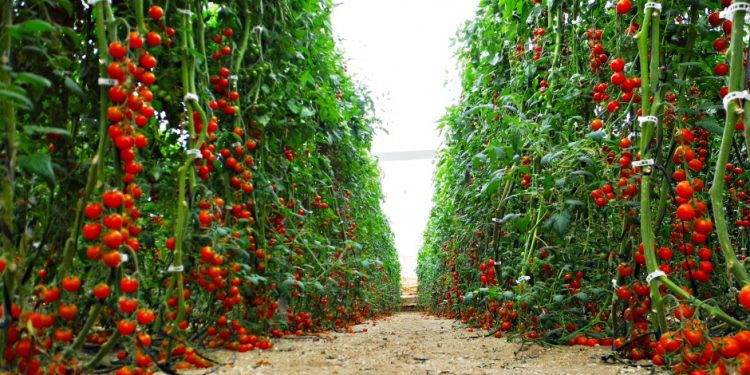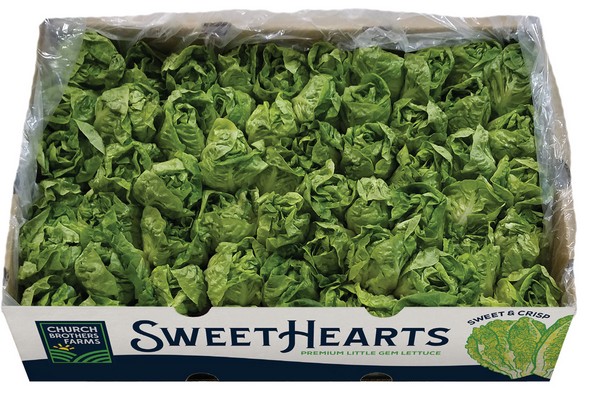#greenhousecultivation #tomatoproduction #cropmanagement #irrigationsystems #hybridtomatovarieties #sustainableagriculture
Marupe greenhouse is set to commence tomato cultivation this April using a modern approach that is poised to maximize crop yield.
According to the latest data from the Food and Agriculture Organization of the United Nations (FAO), greenhouse tomato production has increased significantly over the past decade, particularly in Europe. In Latvia, greenhouse tomato cultivation has been growing in popularity in recent years due to its high productivity and year-round availability.
To ensure optimal yield, Marupe greenhouse will be adopting a modern approach that includes the use of efficient irrigation systems, improved crop management techniques, and the use of hybrid tomato varieties that have been bred for disease resistance and high productivity.
Efficient irrigation is crucial in greenhouse tomato cultivation, as it ensures that the plants receive adequate moisture and nutrients throughout the growing season. Marupe greenhouse will be utilizing drip irrigation, which delivers water and nutrients directly to the roots of the plants, reducing water wastage and maximizing nutrient uptake.
Crop management is another crucial aspect of greenhouse tomato cultivation, and Marupe greenhouse will be using a combination of biological and chemical controls to manage pests and diseases. This approach ensures that the crop is protected from pests and diseases while minimizing the use of harmful chemicals.
Finally, Marupe greenhouse will be using hybrid tomato varieties that have been specifically bred for high productivity and disease resistance. These varieties have been developed using modern breeding techniques that select for desirable traits such as yield, flavor, and disease resistance, resulting in a crop that is both productive and of high quality.
The adoption of modern approaches in greenhouse tomato cultivation, such as the ones utilized by Marupe greenhouse, can significantly boost crop yield and quality. By incorporating efficient irrigation systems, improved crop management techniques, and hybrid tomato varieties, farmers and agricultural scientists can ensure sustainable production and meet the growing demand for high-quality tomatoes.












